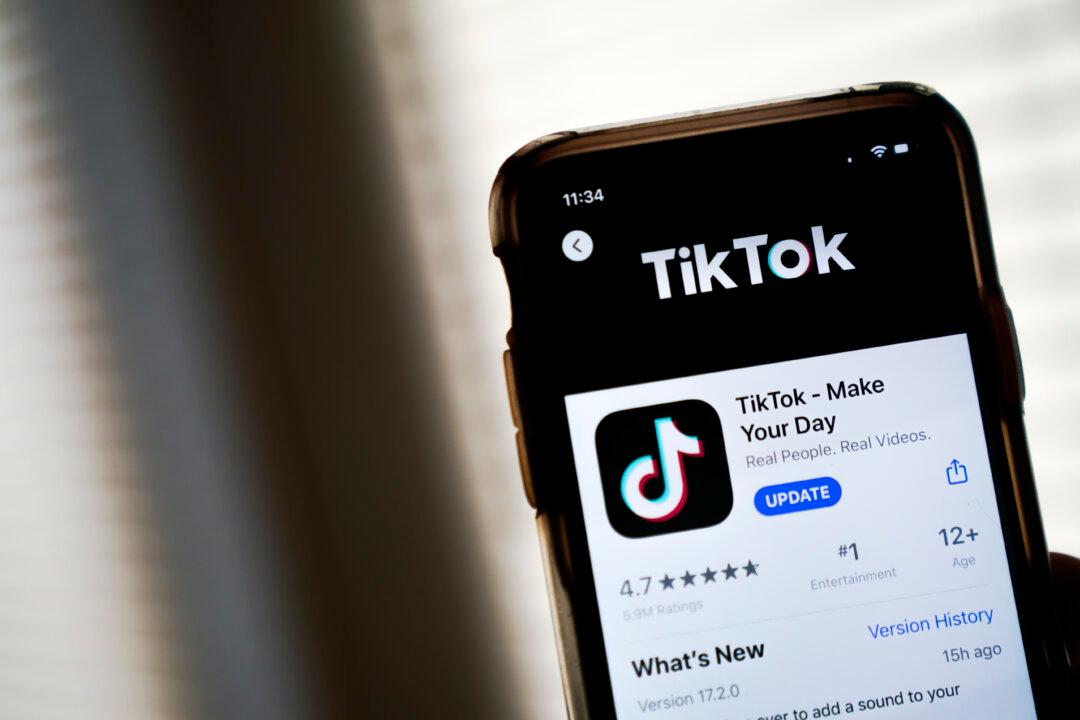The U.S. Department of Justice (DOJ) has asked an appeals court to dismiss a lawsuit filed by TikTok seeking to block a new U.S. law that could lead to a nationwide ban on the video-sharing app.
President Joe Biden signed the new law in April, requiring either the sale of the app by its Chinese parent company, ByteDance, by next year or face its removal from app stores and web-hosting services.





